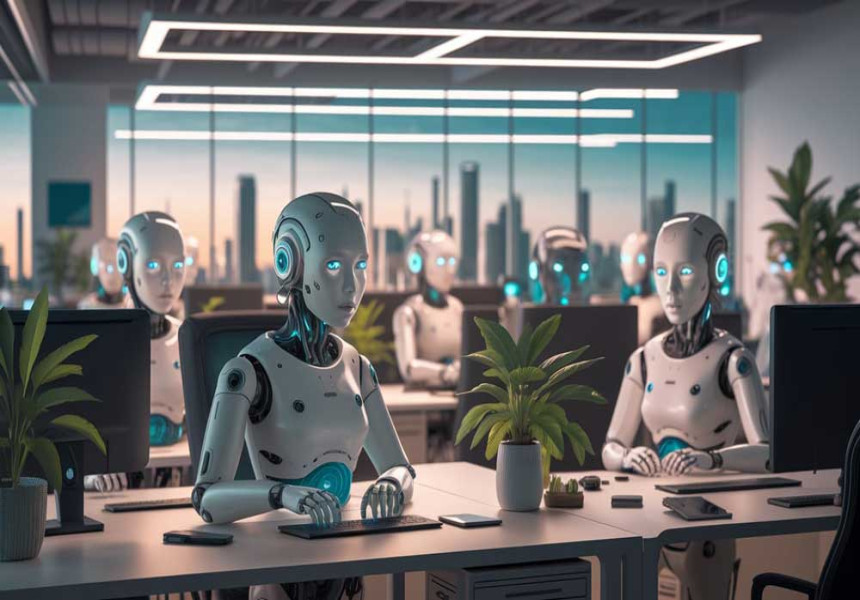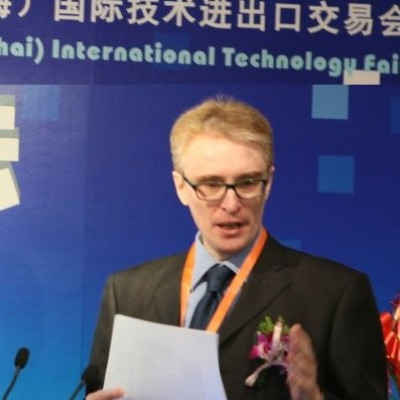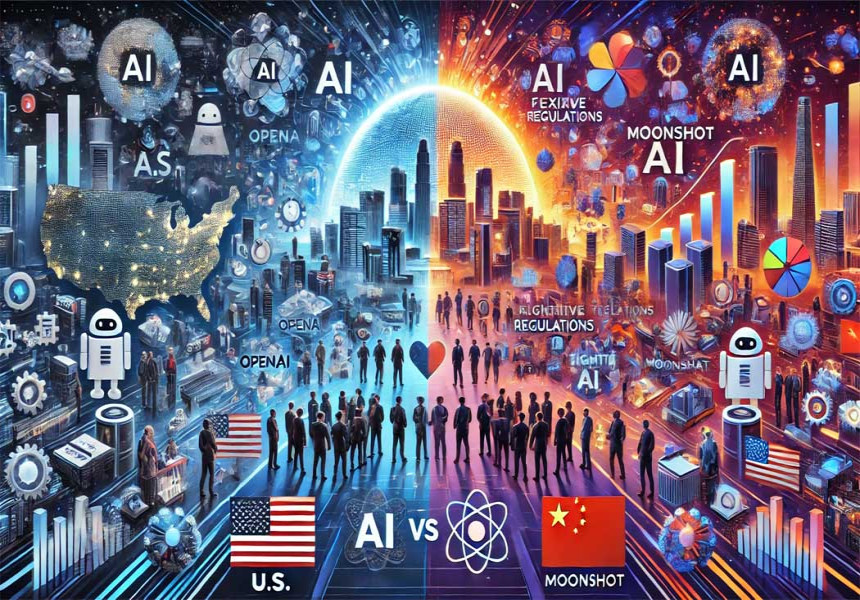The Future of SaaS: How AI Agents Will Transform the Landscape
Microsoft's CEO, Satya Nadella, has articulated a transformative vision for the future of Software as a Service (SaaS), predicting that AI agents will fundamentally reshape the landscape of enterprise software. This shift from traditional CRUD (Create, Read, Update, Delete) applications to AI-driven operations represents a significant evolution in how businesses will interact with technology.
Understanding Traditional SaaS
Traditional SaaS applications function as sophisticated interfaces built on databases, allowing users to manage data through predefined workflows. Applications like Salesforce and Notion rely on static business logic to automate processes. However, this rigidity limits their adaptability and efficiency in an increasingly dynamic business environment.
The Emergence of AI Agents
Nadella envisions a future where AI agents take over the role of managing business logic across multiple applications and databases. Instead of relying on hardcoded rules within individual applications, these agents will dynamically orchestrate operations across various platforms. For example, an AI agent could seamlessly pull data from Salesforce, update a Notion page, and send notifications via Slack—all in one fluid operation. This capability signifies a departure from traditional methods where each app operates in isolation.
Key Transformations Expected
- - Dynamic Business Logic: AI agents will replace the static rules currently embedded in SaaS applications. They will adapt in real-time based on contextual data and outcomes, effectively becoming the new "business logic" layer.
- - Cross-Database Functionality: Future AI agents will not be constrained by the backend technologies used by different applications. They will work across various databases—whether SQL or NoSQL—without needing to understand their specific architectures.
- - Interchangeable Backends: As AI takes over the intelligence layer, the underlying SaaS applications may become less critical. Companies could easily switch backends or replace entire applications since the AI can adapt to new systems without significant disruption.
- - Demand for AI-Native Applications: There will be a growing demand for applications designed from the ground up to integrate with AI agents rather than retrofitting existing systems with AI capabilities. This shift is expected to lead to the development of more agile and efficient software solutions tailored for modern business needs.
Implications for Businesses
Nadella's predictions suggest that organizations must rethink their approach to software investments and operations:
- - Strategic Oversight: With AI managing many operational tasks, business leaders will need to focus more on strategic oversight rather than day-to-day process management.
- - Workforce Adaptation: Teams will require training to adapt to an environment where AI plays a central role in operations, necessitating new skills and approaches to collaboration with these intelligent agents.
- - Investment in AI Infrastructure: Companies that start building modular, AI-first applications today are likely to lead in this emerging landscape as traditional SaaS models begin to fade.
Challenges Ahead
While this vision is compelling, there are challenges that may delay its realization:
- - Integration Complexity: Seamless integration across fragmented software ecosystems remains a significant hurdle.
- - Legacy Systems: Many enterprises have deeply entrenched legacy systems that won't disappear overnight; transitioning to AI-native solutions could take years.
- - Understanding Business Logic: Significant advancements in AI's ability to comprehend nuanced business logic are necessary before fully realizing this vision.
In conclusion, while the vision for AI agents heralds a new era for SaaS and enterprise software, the transition will require careful navigation of existing complexities and a commitment to innovation. As businesses prepare for this shift, those who embrace modular and adaptable solutions stand poised to thrive in an increasingly automated future.









